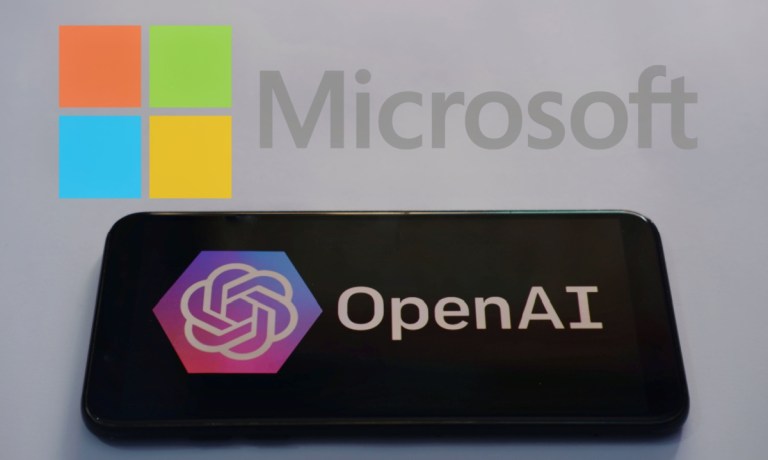The artificial intelligence (AI) company made this announcement late Wednesday (Nov. 29) following reports that Microsoft — its largest investor — would not have a place on its newly-minted board.
“We clearly made the right choice to partner with Microsoft and I’m excited that our new board will include them as a non-voting observer,” CEO Sam Altman wrote on the company blog.
As for the rest of the board, Chairman Bret Taylor spoke of plans to “build a qualified, diverse Board of exceptional individuals whose collective experience represents the breadth of OpenAI’s mission — from technology to safety to policy.”
Taylor is joined on the board by former Treasury Secretary Larry Summers and Quora CEO Adam D’Angelo.
Microsoft Chairman and CEO Satya Nadella, whose company has invested $13 billion into OpenAI, had previously praised the new board.
Advertisement: Scroll to Continue
“We are encouraged by the changes to the OpenAI board. We believe this is a first essential step on a path to more stable, well-informed, and effective governance,” he wrote on Twitter soon after Altman’s reinstatement.
PYMNTS has contacted Microsoft for comment but has not yet received a reply.
OpenAI’s board is in flux following the ouster — and rehiring — of Altman earlier this month. He was removed Nov. 17 after the board said a review had determined the chief executive had not been “consistently candid in his communications” with directors.
It was, however, a short-lived departure, with Altman’s supporters inside the company managing to arrange for his reinstatement. This happened after a bulk of the startup’s employees said they would resign if Altman — and President Greg Brockman, who quit in protest — did not return.
As covered here Wednesday, the drama underlined OpenAI’s “unique” corporate structure, highlighting “a curious case of a purpose-built nonprofit working toward the specific goal of responsibly achieving an artificial general intelligence (AGI) with a mission to benefit humanity.”
The report goes on to say that most AI companies and their internal teams have a unique structure, as AI models are notoriously expensive to build and develop.
“And while firms also want to be mindful of the societal-scale risks many believe AI brings with it, the reality remains that it would be impossible for a pure-play nonprofit to deploy the amount of capital necessary to train and run an AI model,” PYMNTS wrote.
